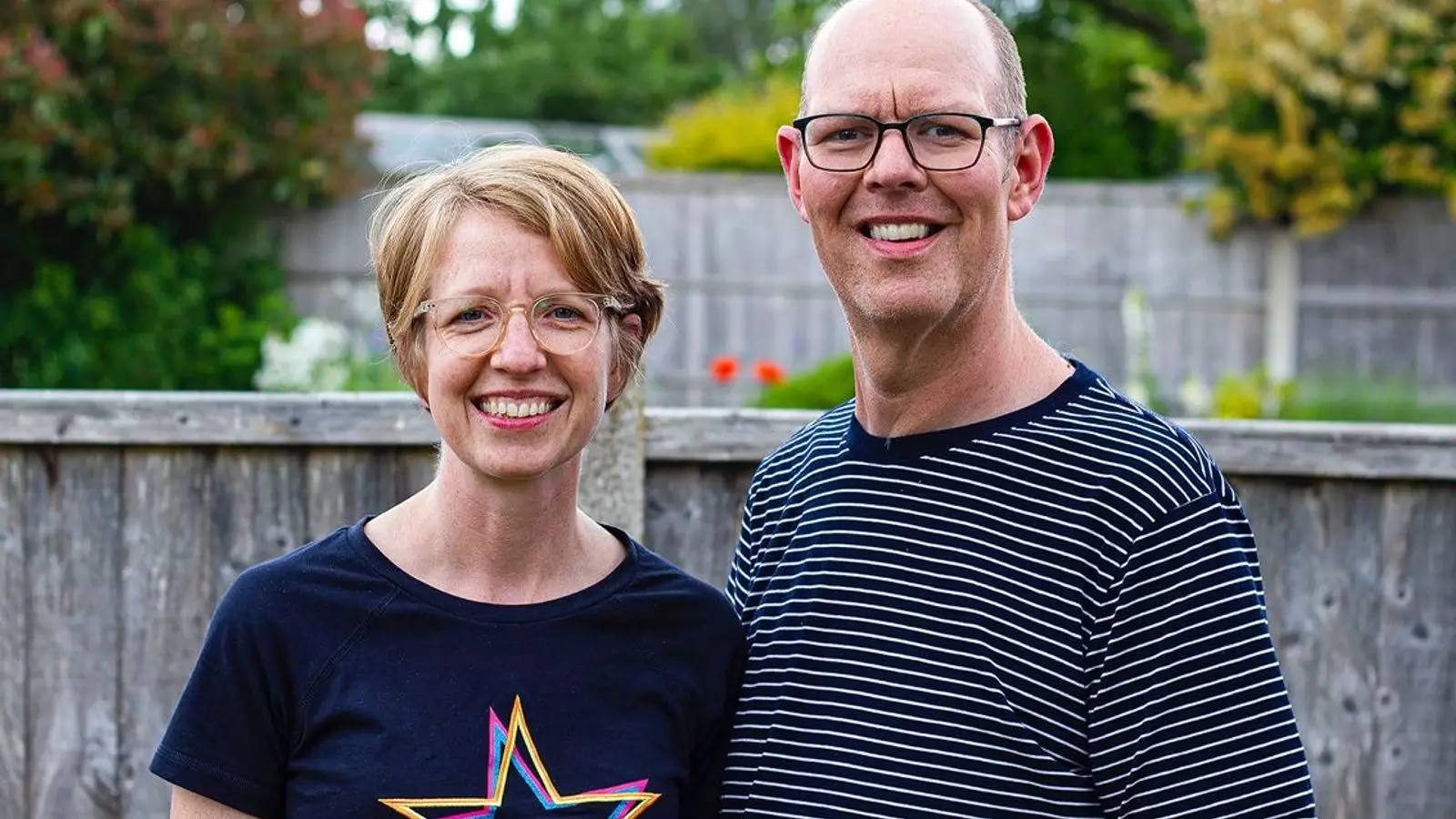In recent times, stories of violent crime often reduce human tragedy into simple narratives of good versus evil, but a closer examination reveals a far more nuanced landscape. The case of Hassan Jhangur encapsulates this complexity, yet the public discourse tends to lean towards sensationalism rather than a sober understanding of accountability. Jhangur’s actions, which culminated in the death of Chris Marriott, exemplify the dangerous conflation of impulsive violence with premeditative intent—a mistake that inflates the crime from tragic accident to calculated murder. However, such a framing ignores the social and contextual roots that often underpin violent outbursts, masking a failure to address systemic issues that foster community conflict and mental health struggles.
The court’s verdict—convicting Jhangur of murder—may seem straightforward on paper, but it leaves unresolved questions about responsibility. Did Jhangur fully recognize the severity of his actions, or was his violence an impulsive act driven by a cultural or emotional storm? The law seeks clarity through intent, but it also risks oversimplification, especially when criminal justice rhetoric dismisses broader social responsibilities that shape individuals’ actions. This case underscores the importance of balancing accountability with compassion, acknowledging that violence rarely exists in a vacuum, and that deeper societal failings often fuel lawless eruptions.
Seeking Justice or Falling Into Retribution? Connecting the Dots
The judiciary’s role in this tragedy appears clear-cut: Jhangur deliberately used his vehicle as a weapon, and his subsequent actions—stabbing his brother-in-law and inflicting harm on others—demonstrate a pattern of aggressive intent. Yet, many take issue with the framing of these acts as merely personal transgressions, rather than symptoms of a larger societal failure. The violent aftermath of the wedding dispute was, after all, triggered by familial tensions and cultural conflicts that, if addressed earlier, might have prevented such an explosion.
Centering on the notion of justice, one must ask whether retribution alone will suffice. Jhangur’s conviction for murder—although legally justified—raises concerns about the societal message it sends. Is this an example of a society well-equipped to rehabilitate and heal, or simply one eager to punish? From a center-left perspective, real justice involves acknowledging the roots of violence: mental health issues, social marginalization, and fractured community bonds. Sending Jhangur to life imprisonment without sufficient efforts to understand and correct these underlying issues risks perpetuating cycles of alienation and revenge. Punishment, while necessary, should be complemented by introspection about societal responsibilities.
The Broader Context of Cultural and Social Divisions
Beyond the individual act, the incident shines a light on the fractures within multicultural communities—specifically, how cultural tensions and social alienation can escalate into violence. The wedding dispute, fraught with familial disagreements, illustrates how societal integration issues simmer beneath surface conflicts. The absence of dialogue and respect across different cultural groups often leaves grievances unresolved until they explode, sometimes lethally.
This case challenges complacent narratives that paint minority communities as solely responsible for internal discord. Instead, it urges us to consider how societal exclusion and lack of effective community engagement contribute to volatile environments. For a society that champions diversity, one must ask: are we doing enough to foster understanding and cohesion among different cultural groups? Ignoring these issues allows resentment to fester, transforming minor disagreements into tragic confrontations. Justice, therefore, must be coupled with proactive community-building efforts that address root causes of violence before they spiral out of control.
Accountability and the Path Forward
While the verdict of murder against Jhangur may satisfy the moral urge for retribution, it risks overlooking the broader question of social responsibility. The tumultuous events of that day serve as a stark reminder that violence is rarely just an individual failure; it is often amplified by societal neglect. Recognizing this is crucial in shaping policies that aim not merely to punish but to prevent future tragedies.
This case also forces us to confront uncomfortable truths: violence deeply rooted in cultural conflicts, emotional trauma, and social marginalization cannot be simply eradicated through incarceration alone. Real progress demands investment in mental health services, intercultural dialogue, and community outreach programs. These initiatives can transform a narrative of despair into one of hope, reducing the likelihood of lethal conflicts. The challenge lies in moving beyond knee-jerk reactions toward a more thoughtful, inclusive approach—one that seeks to heal societal wounds rather than merely punish their symptoms.
Ultimately, understanding violence through a nuanced lens—seeing it as a symptom of deeper societal issues—offers a path toward more effective and humane responses. While justice must serve as a foundation, it cannot be the end goal. Society must actively work to dismantle the conditions that breed such destruction, fostering an environment where tragedies like these become less frequent and less devastating.

Leave a Reply